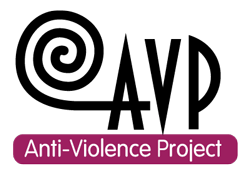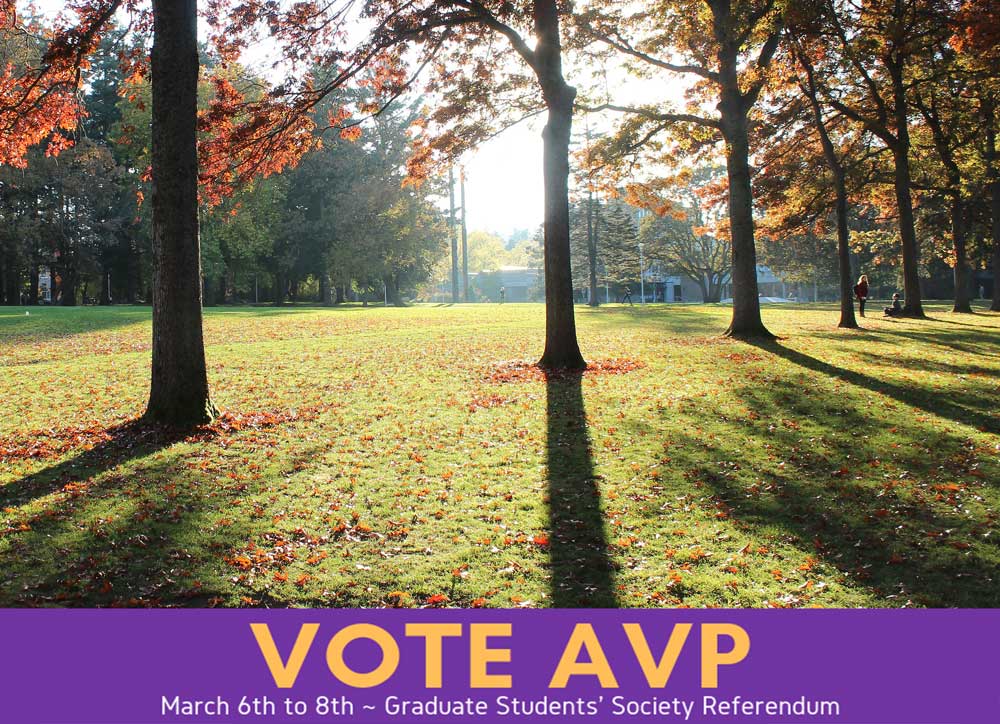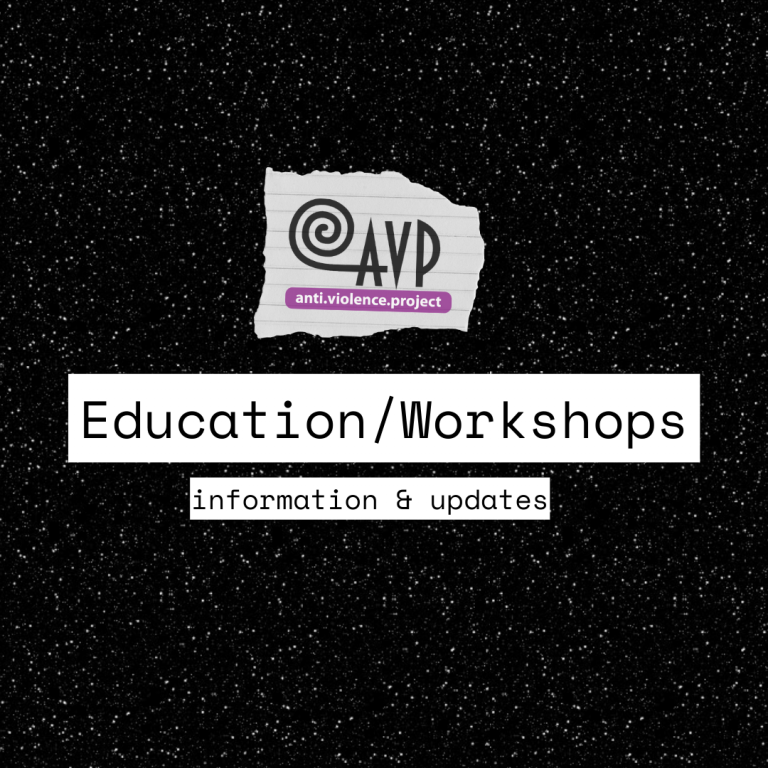Why graduate students need on-campus sexual violence resources
When we think of sexual violence on campus, we often imagine a bunch of undergraduate students, just old enough to drink legally, having large parties in bars and frat houses. And although many instances of sexualized violence on campus are indeed related to alcohol consumption, it is not the only context where it happens.
According to a study published in 2018, “graduate students had significantly less awareness of campus resources, less confidence in knowing where to seek assistance, and less of a sense of community” when it came to sexualized violence.
The position of graduate students in academic institutions is particularly vulnerable. We make up a minority of the student body, making our voices less influential–of the roughly 21,700 students at UVic, only 3,000 are in graduate programs. Most of us are also financially dependent on the university in one way or another: through graduate funding, teaching, or research assistantship contracts, or through visas that bar international students from working off-campus.
This minority position, coupled with the dependence we have on our supervisors, departments, and faculty, makes graduate life especially vulnerable to violence. From abusive supervisory relationships and toxic work environments, to exploitive labour conditions and gender-based bias in grants, awards, and publications, there are few aspects of our lives that are not somehow impacted by sexualized violence.
This is why having a centre like the Anti-Violence Project is necessary for graduate students just as much as undergrads. We face violence too: this can be from our professors, supervisors and colleagues, from a system that supports and reinforces gender bias, from a process that capitalizes on our vulnerability and takes advantage of our dedication to knowledge, teaching and research.
With more graduate student input, AVP could do a lot to help those of us who face sexualized and gender-based violence in graduate-specific contexts. But they need your support to reach more grad students and to develop content and knowledge to help them.
This coming election cycle, March 6th to 8th 2019, will include a referendum question on increasing the fee paid to AVP via your tuition.







